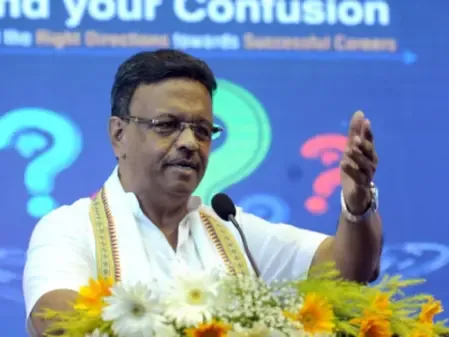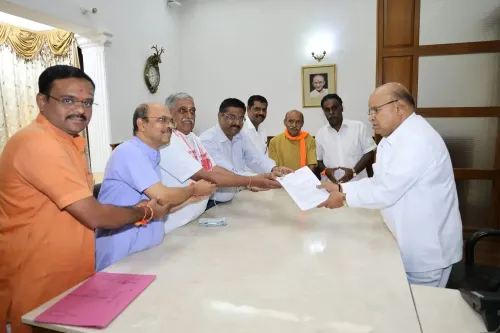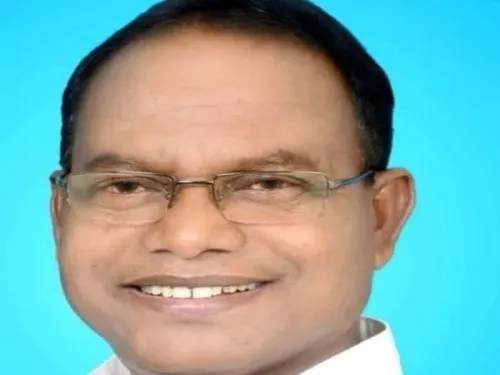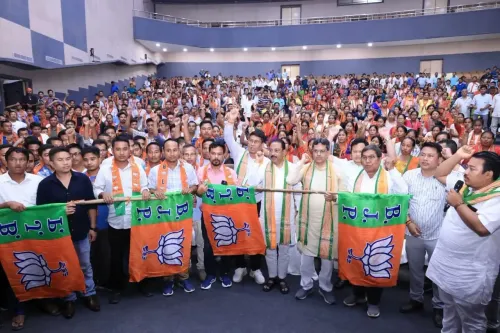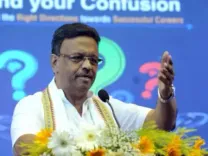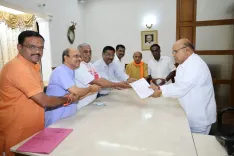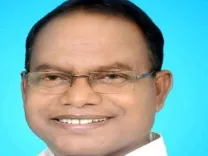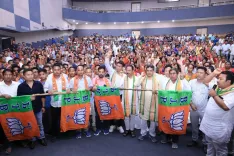How is Arunachal Guv Boosting Military ‘Aatmanirbharta’ through Indigenous Initiatives?
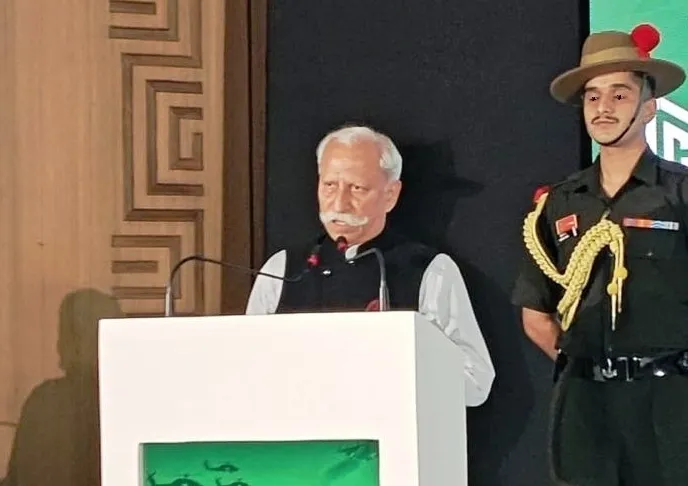
Synopsis
Key Takeaways
- Military Aatmanirbharta is essential for national security.
- The Governor emphasized the impact of emerging technologies in warfare.
- Collaboration between civil administration and armed forces is crucial.
- Community engagement enhances the effectiveness of national security initiatives.
- The Vibrant Villages Programme is reversing migration trends in border areas.
New Delhi, Sep 25 (NationPress) Arunachal Pradesh Governor Lt. General K.T. Parnaik (Retd.) on Thursday emphasized the evolving nature of warfare, along with revolutionary and cognitive technologies, and underscored the necessity of enhancing Military Aatmanirbharta through the indigenous initiatives of the Government of India.
In his keynote address on ‘Emerging Technologies, Transforming Geopolitics and New Tactics for Future Warfare’, the Governor reiterated Prime Minister Narendra Modi’s vision for Viksit Bharat @2047, which focuses on economic resurgence, Aatmanirbharta, defence reforms, technological innovation, and national security.
He provided an in-depth overview of ongoing military reforms. Leveraging his extensive experience as a former Army Commander, Lt. General Parnaik (Retd.) shared insights regarding border management challenges, security demands, and national growth.
He pointed out crucial initiatives such as border fencing, the Bharatmala Pariyojana, the cessation of the Free Movement Regime along the India-Myanmar border, maritime surveillance under the Sagarmala Pariyojana, and the Border Area Development Programme.
Addressing the inaugural session of the 3rd Edition of the Bharat Defence Conclave held in New Delhi, the Governor noted that in the pursuit of national interests and security, countries are increasingly forming treaties and alliances while simultaneously enhancing their defence capabilities to establish deterrence and prevent conflict.
He mentioned that as India’s foreign policy transitions from Non-Alignment to Multi-Alignment, alliances are now made strictly based on national interests rather than external influences. Lt. General Parnaik (Retd.) asserted that conflicts will continue to arise despite peaceful dispute resolution mechanisms, often stemming from ideological differences, resource competition, or power struggles.
Nonetheless, he stressed that the essence of warfare is undergoing a significant transformation, propelled by rapid advancements in both complementary and disruptive technologies.
Particular focus was placed on the Vibrant Villages Programme, a centrally sponsored initiative aimed at enhancing northern border areas in Himachal Pradesh, Uttarakhand, Sikkim, Arunachal Pradesh, and Ladakh.
The Governor stated that this initiative is not only accelerating infrastructure, education, health, communication, and housing in sensitive border regions but is also reversing migration trends.
“With communities opting to stay in their villages, they become essential allies of the security forces by acting as the 'eyes and ears' against any unusual activities,” he added.
The Governor illustrated the collaboration between civil administration and armed forces in border regions, noting that local villagers, farmers, and entrepreneurs provide fresh rations and services to the armed forces, while the military, in turn, inspires and mentors youth for careers in Sainik Schools, the Armed Forces, and paramilitary services.
They also promote sports, organize medical and veterinary camps, and support community initiatives.
Reflecting on his time as the Commander of the Northern Command, the largest military command globally, the Governor commended the Indian Armed Forces as one of the most professional military forces worldwide.
He emphasized their unparalleled experience in tackling terrorism, insurgencies, and radicalization, as well as their role as first responders during natural or man-made disasters and significant contributions to UN Peacekeeping Missions.
“The Indian Armed Forces stand as one of the strongest pillars of Nation-Building,” he affirmed.
The inaugural session also featured participation from the Ambassador of the Netherlands to India, Marisa Gerards, Ambassador of Belgium to India, Didier Vanderhasselt, Director General (Acquisition) of the Ministry of Defence, A. Anbarasu, Secretary of Defence Production, Ministry of Defence, Sanjeev Kumar, and Secretary (Border Management), Ministry of Home Affairs, Rajendra Kumar.

